May 4, 2025
Contributor: Supriyono | Editor: Dadi Darmadi | Photo: Achmad Jatnika
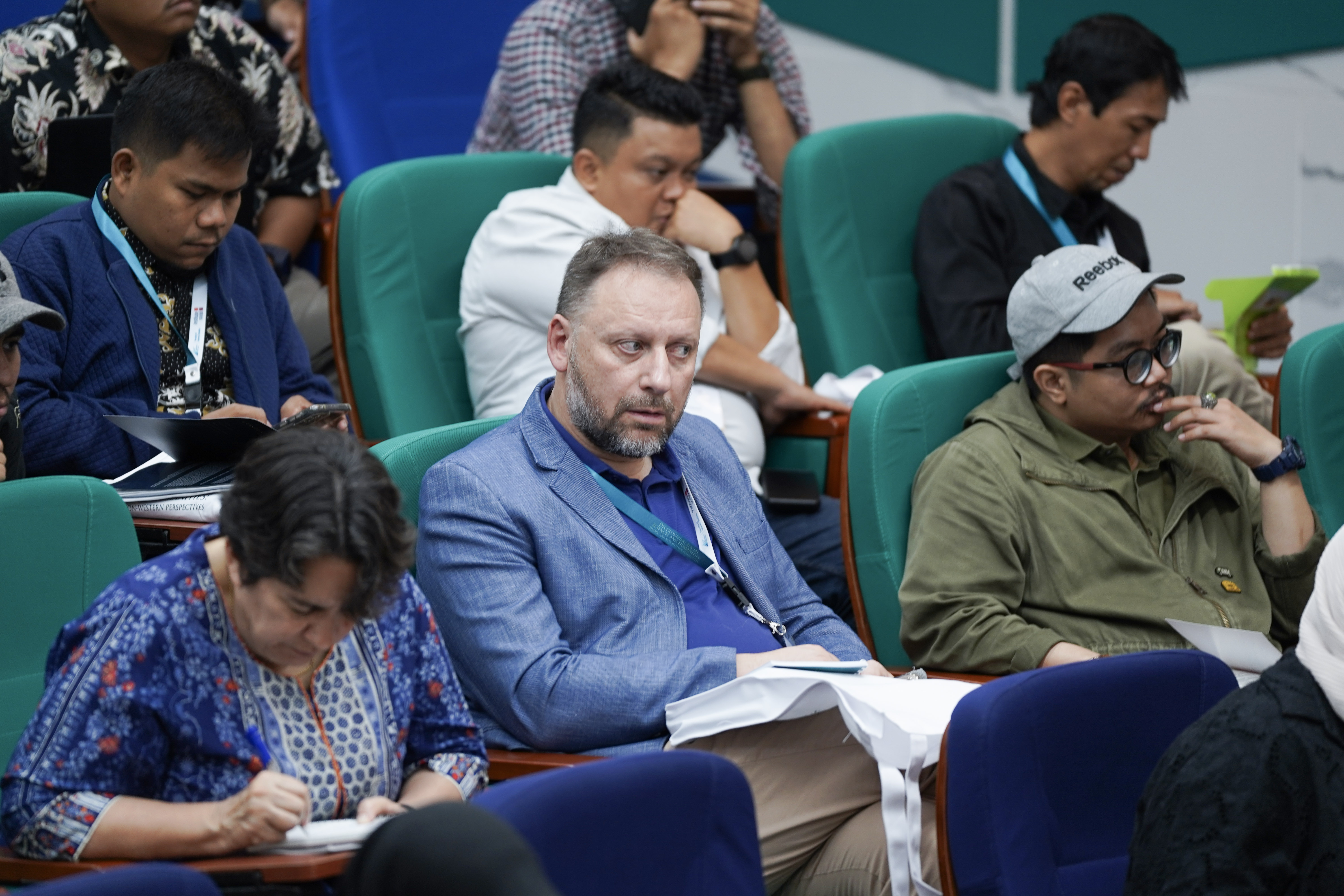
Leading voices in global academia gathered at UIII for the International Conference on “Decolonizing Social Sciences and Humanities: Islamic and Non-Western Perspectives”, held from April 29–30, 2025. Hosted by the UIII Faculty of Islamic Studies in partnership with the Turkish-based Institute Social, the two-day conference provided a platform for reimagining knowledge production beyond the dominant Western frameworks.
Initially, the conference attracted 411 abstract submissions from 23 countries in Asia, Middle East, Europe, North and South America, and Australia, but only 48 were selected to present in 12 thematic parallel sessions. However, the heart of the conference lay in the plenary sessions, which featured nine distinguished scholars renowned for their groundbreaking work in decolonial thought.
The first session featured the theme ‘Decolonizing Knowledge & Epistemologies’. In this session, Prof. Syed Farid Alatas presented ‘Critique and Construction in Knowledge Creation’ where he argued that decolonizing knowledge requires critique, reconstruction, and original thinking, especially beyond Eurocentric frameworks. Using examples from the Malay world, he emphasized the role of Islamic traditions, and warned that theological focus alone is not enough to address coloniality in the social sciences.
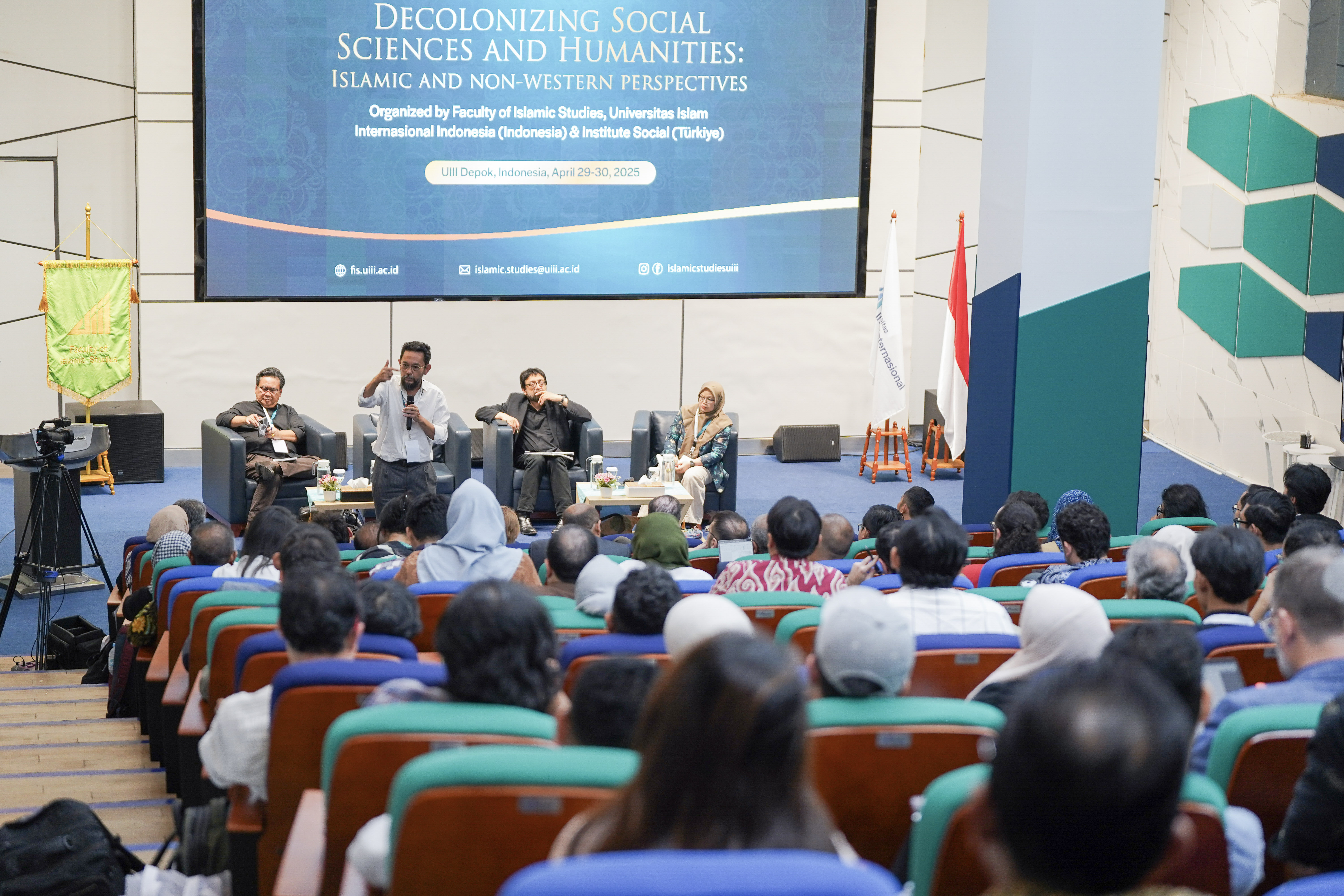
Meanwhile, Prof. Lena Salaymeh from the École Pratique des Hautes Études, Paris, talked about ‘Decolonizing the Academic Study of the Islamic Tradition’. She offered a sharp critique of the appropriation of Islamic knowledge in Western academia. She argued for the use of decolonial heuristics—not mere diversity—to transform the field. Her insights on how colonial categories shape “religion” in academic study were particularly resonant for scholars navigating hybrid epistemologies.
Prof. Joseph E.B. Lumbard from College of Islamic Studies, Hamad Bin Khalifa University, Qatar, presented ‘Towards Islamic Decolonialism’. He critiqued the secular-liberal underpinnings of current decolonial theories, proposing instead an Islamic approach grounded in divine truth and moral objectivity. His talk highlighted how Islamic ethical frameworks could provide substantive alternatives to liberal relativism in discourses on justice, governance, and human dignity.
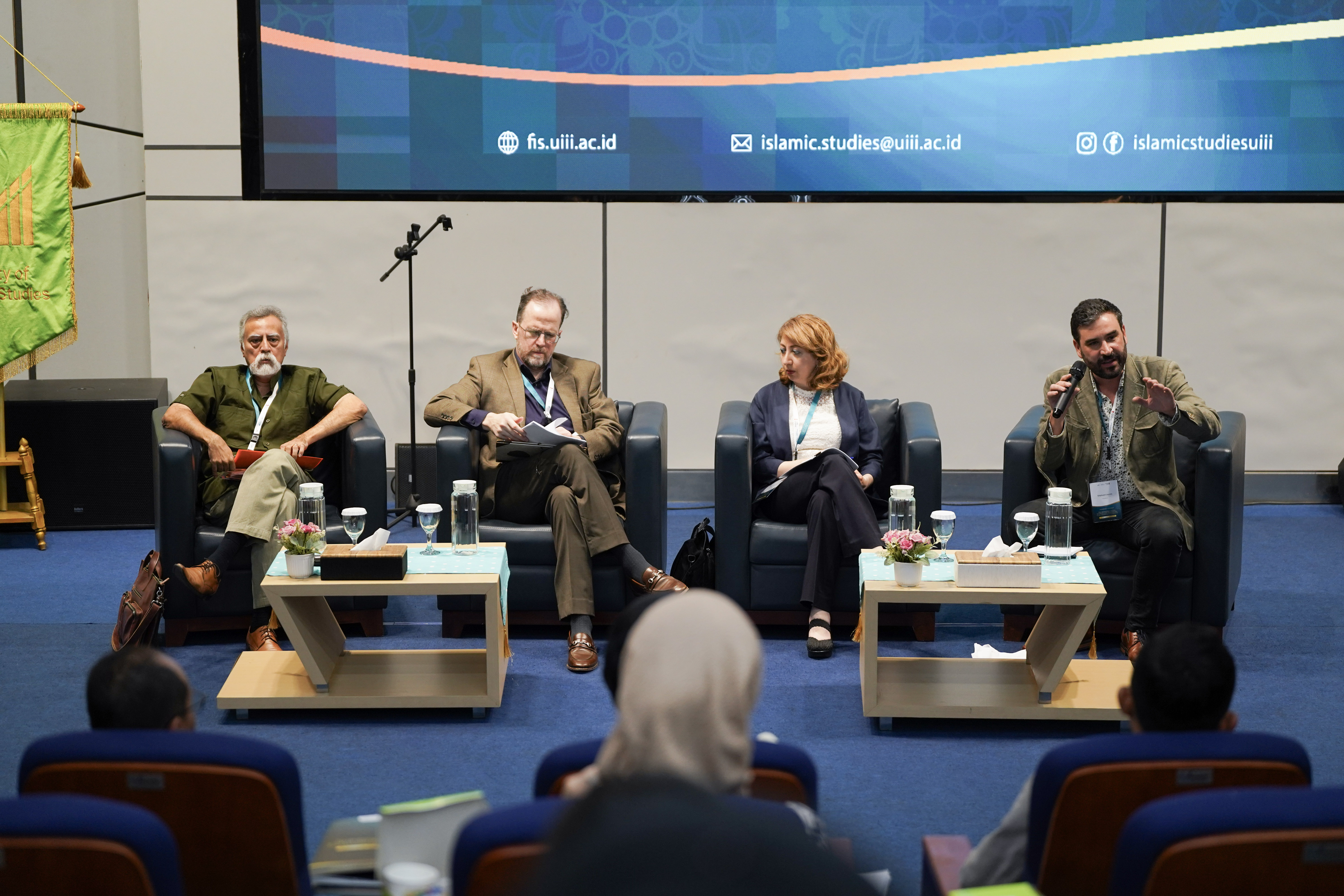
The second plenary session deals with ‘Decolonial Thought and Political Economy’. Prof. Vedi R. Hadiz, Indonesian academic at the University of Melbourne, Australia, argued that decolonizing knowledge in Islamic societies can backfire when co-opted by authoritarian or religious-nationalist interests to silence democratic voices. He warns that critiques of Western capitalism may be used to justify exploitative local regimes. Therefore, he emphasizes the need for constant critical reflection to avoid replacing one form of domination with another.
Meanwhile, Prof. Farish A. Noor of UIII delivered a compelling presentation titled “Learning Orientalism: A Linguistic Analysis of the Discourse of Othering.” He challenged the audience to consider Orientalism not merely as a historical bias or psychological attitude but as an active, learned discourse that is linguistically encoded and perpetuated through repetition. Through linguistic analysis, he unpacked how orientalist narratives are acquired, reinforced, and perpetuated in modern discourse, making a compelling case for the need to rewire our epistemic frameworks from the ground up.
Additionally, Prof. Salman Sayyid from University of Leeds, UK, came up with “The Muslim Decolonial” where he explored the paradoxes and potential of Muslim decolonial identity in an age of global Islamophobia. He emphasized “epistemic disobedience” as a strategy to resist both external and internalized colonial logics. His provocative question—whether Muslimness itself must be decolonized—challenged attendees to rethink identity and agency.
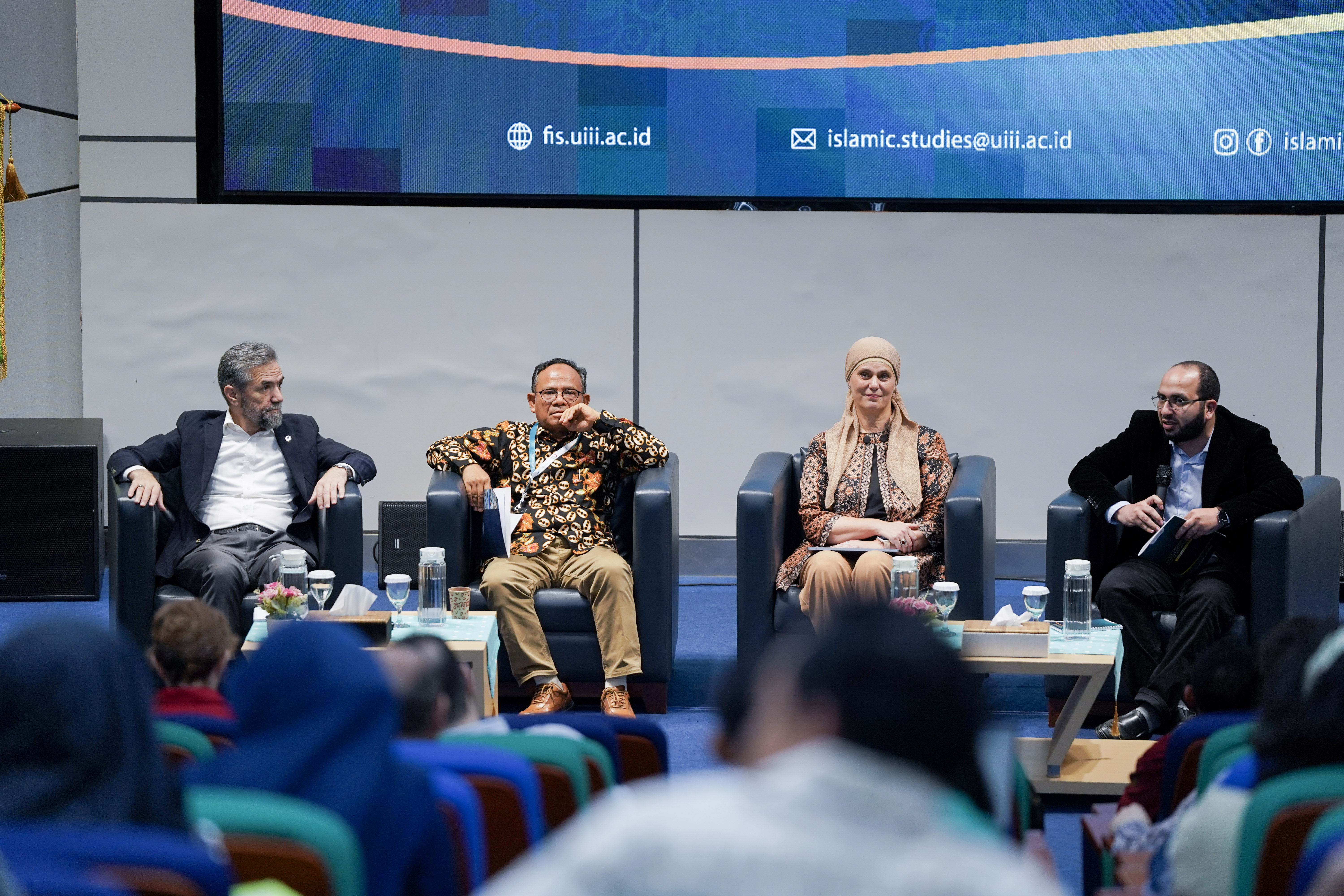
On the second day, the focus shifted to ‘Decolonial Praxis in Ecology, Education, and Society’ where Prof. Anna M. Gade, a visiting professor at UIII from University of Wisconsin-Madison, USA, explored “Decolonizing Religious Ecologies: Nature, Climate, and Sustainability”, elaborating how Islamic law, Qur’anic interpretation, and environmental activism—particularly in Indonesia—challenge postcolonial assumptions in environmental studies. Her approach repositions Islamic traditions at the forefront of global ecological discourse, disrupting the monopoly of Western-centric sustainability models.
In the education field, Prof. Recep Şentürk from Ibn Haldun University, Istanbul, presented “Multiplex Alternative to Decolonize Education: Reviving the Model Colonization Disrupted”. He revisited the Islamic educational model before colonial disruption, praising its decentralized and multiplex nature. Through his presentation, he advocated for its revival as a means of reclaiming intellectual sovereignty and resisting the centralized, uniplex model imposed during colonial rule.
Ending the list, Prof. Komaruddin Hidayat, the Founding Rector of UIII, presented “Decolonizing Indonesian Social Sciences: Integrating Indigenous Epistemologies to Challenge Eurocentrism”. He emphasized the intersubjectivity of knowledge in Indonesia’s socio-cultural context and called for a radical rethinking of social sciences in the archipelago. He urged the integration of indigenous wisdom systems to counteract epistemic colonialism and forge a uniquely Indonesian academic identity.
Each scholar offered unique perspectives that not only critiqued colonial legacies but also proposed pathways for reconstructing more inclusive, context-sensitive intellectual paradigms. By facilitating meaningful scholarly encounters and amplifying alternative voices, the conference marked UIII’s significant stride toward reshaping the future of the social sciences and humanities on terms that reflect the realities, histories, and aspirations of the Global South.
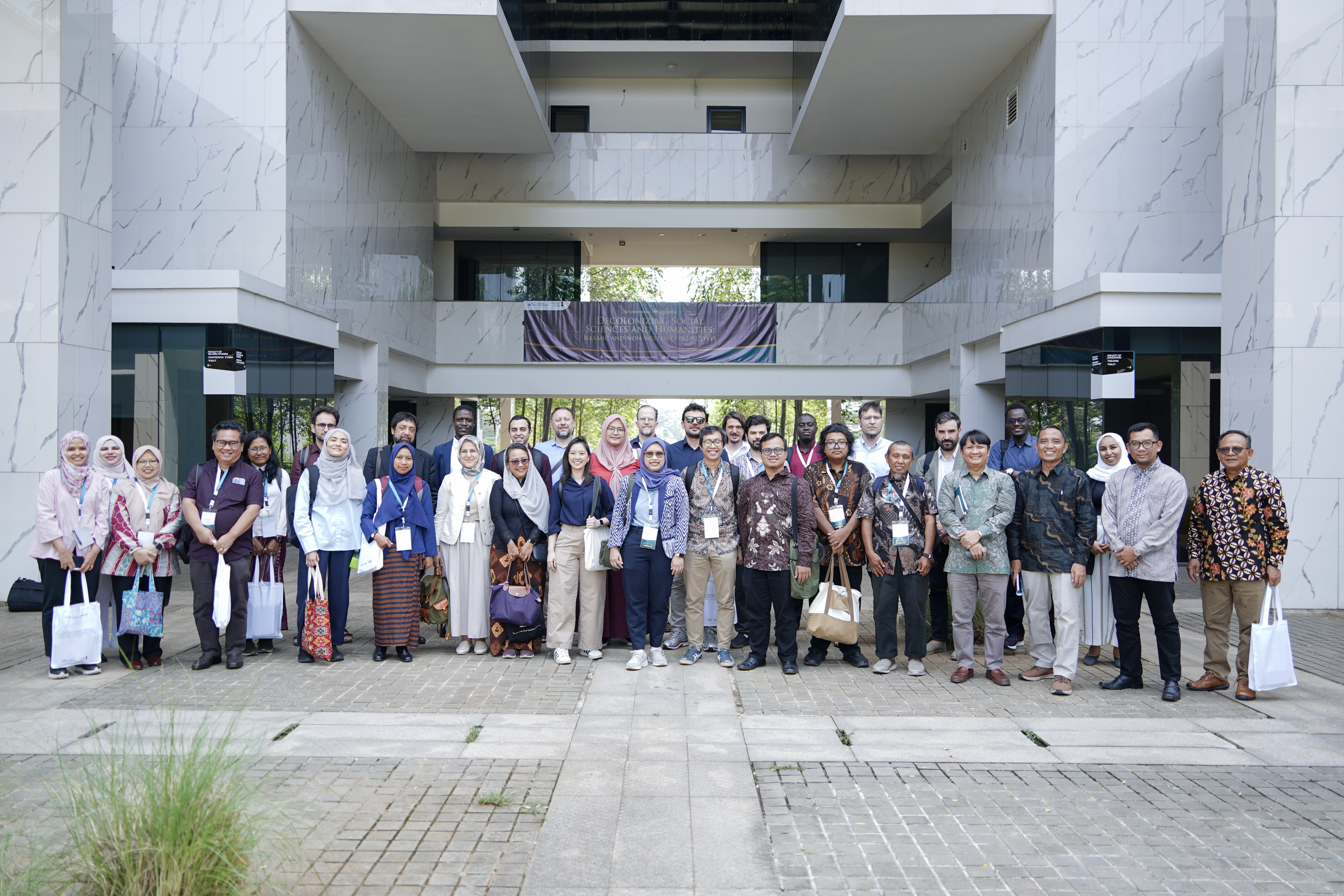
Universitas Islam Internasional Indonesia